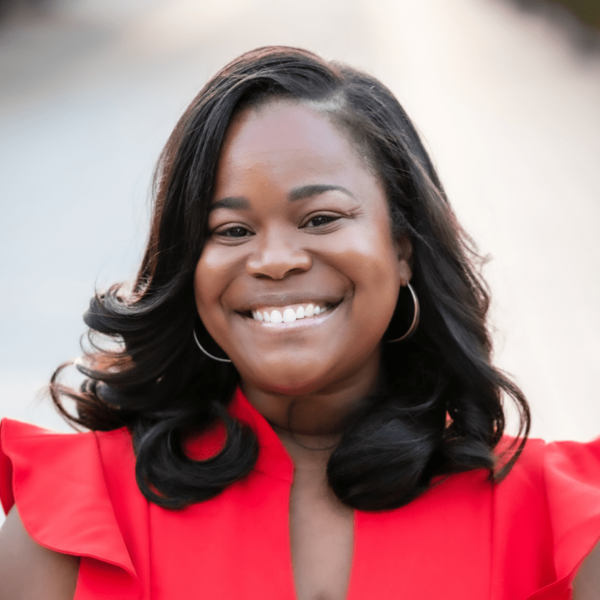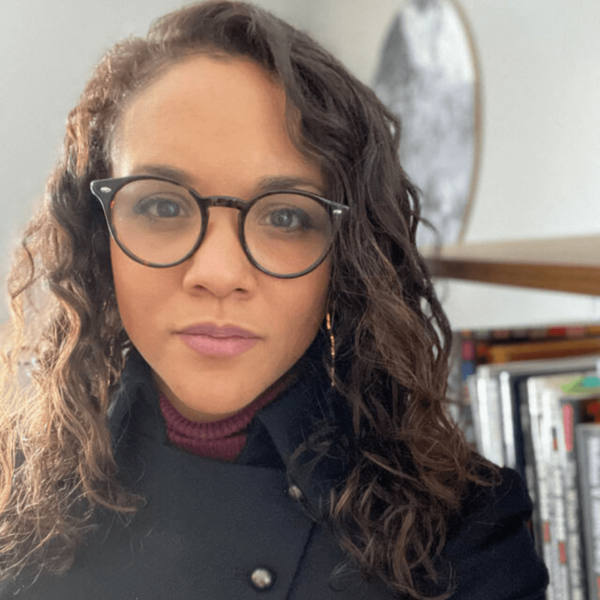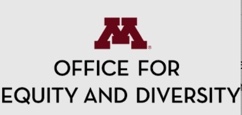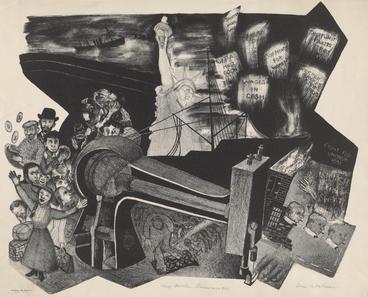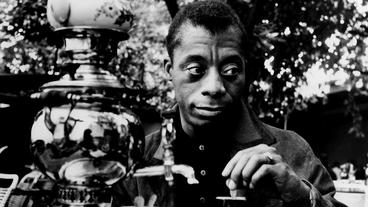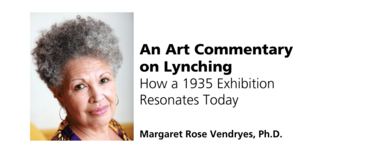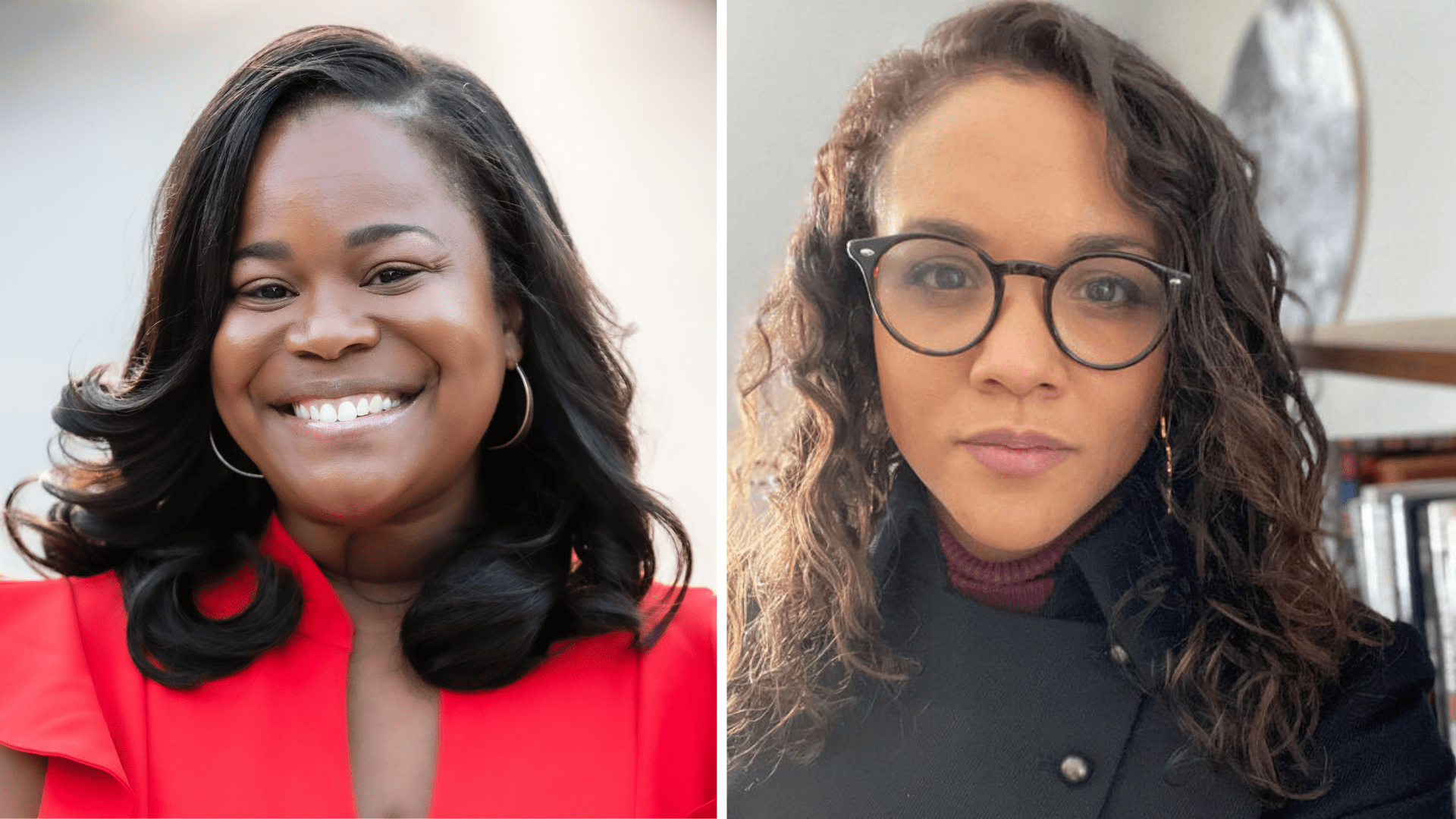
Additional Details
The Legacy of Bearing Witness While Black in Minnesota
Virtual Event: A dialogue with Dr. Allissa V. Richardson and Dr. Danielle K. Kilgo
Join us on Wednesday, May 19 at 7:00 p.m. (CDT) for a talk, conducted via Zoom, by Dr. Allissa V. Richardson, journalism scholar and author of Bearing Witness While Black: African Americans, Smartphones and the New Protest #Journalism (Oxford University Press, 2020). Dr. Richardson will discuss how smartphone testimony from two brave Minnesotans, Diamond Reynolds and Darnella Frazier, galvanized the Black Lives Matter movement in 2016 and 2020, when they filmed the police killings of Philando Castile and George Floyd, respectively. Both Reynolds and Frazier were engaging in a centuries-old practice of Black witnessing, which has always harnessed the power of journalism to shine a light on deadly racism. Dr. Richardson will draw connections between 19th- and 20th-century African American newspapers in Minneapolis and St. Paul, and today’s Black citizen journalists.
Dr. Danielle K. Kilgo (John & Elizabeth Bates Cowles Professor of Journalism, Diversity and Equality in the Hubbard School of Journalism and Mass Communication) will moderate a Q & A session following the talk. We invite you to submit questions for Dr. Richardson in advance to weismanprograms@umn.edu. Questions may also be submitted during the event. This program will be recorded and made available on WAM's YouTube channel after the event.
Dr. Allissa V. Richardson
Allissa V. Richardson is assistant professor of journalism at USC Annenberg. She researches how African Americans use mobile and social media to produce innovative forms of journalism — especially in times of crisis.
Richardson is the author of Bearing Witness While Black: African Americans, Smartphones and the New Protest #Journalism (Oxford University Press, 2020). The book explores the lives of 15 mobile journalist-activists who have documented the Black Lives Matter movement using only their smartphones and Twitter.
Richardson’s research is informed by her award-winning work as a journalism innovator. She is considered a pioneer in mobile journalism (MOJO), having launched the world’s first smartphone-only college newsrooms in 2010, in the U.S., Morocco and South Africa.
Richardson won the National Association of Black Journalists’ prestigious Journalism Educator of the Year (‘12) award for her international work. Richardson is an inductee into Apple’s elite Distinguished Educator program. She is the recipient of two esteemed Harvard University posts: the Nieman Foundation Visiting Journalism Fellowship (‘14) and the Berkman Klein Center for Internet & Society Fellowship (‘20). Lastly, she is a fellow in Columbia University’s Tow Center for Digital Journalism (‘20).
Richardson’s research has been published in Convergence, Journal of Communication, Digital Journalism, Journalism Studies and The Black Scholar. Richardson serves on the editorial boards of Digital Journalism and the International Journal of Communication. She is an affiliated researcher with New York University’s Center for Critical Race and Digital Studies (CR + DS) as well.
Richardson holds a PhD in journalism studies from the University of Maryland College Park; a master’s degree in magazine publishing from Northwestern University’s Medill School; and a bachelor of science in biology from Xavier University of Louisiana, where she was named a “Top 40 Under 40” alumna.
Dr. Danielle K. Kilgo
Danielle K. Kilgo is the John & Elizabeth Bates Cowles Professor of Journalism, Diversity and Equality in the Hubbard School of Journalism and Mass Communication at the University of Minnesota, Twin Cities. Her research interests look primarily at the interaction among social movements, social media, and journalism. Her work also appears in journals such as the Journal of Communication, International Journal of Press/Politics, Journalism, Journalism Studies, Journalism Practice, Digital Journalism, Mass Communication & Society, Health Communication, and The International Journal of Communication. She has presented her work at AEJMC, ICA, NCA, SSCA, ISOJ, WAPOR and UCDA, where she has received numerous research paper awards. In 2020, she received the Lillian Lodge Kopenhaver Outstanding Junior Scholar Award. She also received prestigious recognition from Mass Communication and Society Division of AEJMC for her dissertation and was named an emerging scholar for AEJMC in 2018. Danielle currently teaches about race and gender diversity & mass communication. She previously served on the faculty at Indiana University & the University of Mary Hardin Baylor.
This event is presented in conjunction with the exhibition Pressing Issues: Printmaking as Social Justice in 1930s United States. To learn more about the exhibition, visit z.umn.edu/PressingIssues and download the exhibition labels (PDF).
